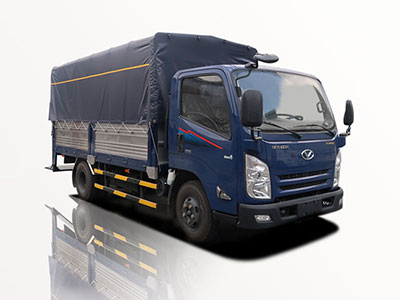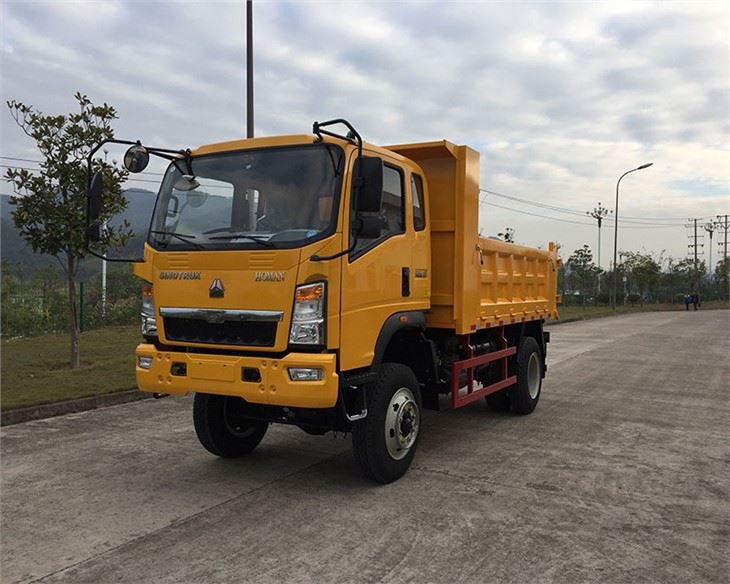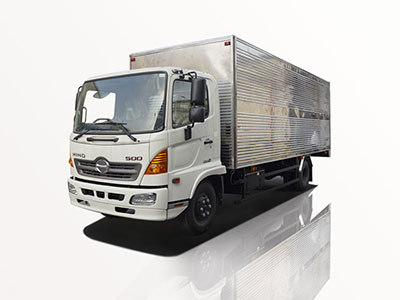Electric vehicles (EVs) are transforming various sectors, and waste management is no exception. EV garbage trucks are leading the charge in creating greener cities, reducing carbon emissions, and improving air quality. As municipalities and waste management companies look for sustainable solutions, understanding the benefits and innovations surrounding EV garbage trucks becomes essential. This article will delve deep into the advantages, types, challenges, and future of EV garbage trucks, providing a comprehensive overview for stakeholders and curious readers alike.
Understanding EV Garbage Trucks
EV garbage trucks are electric vehicles designed specifically for waste collection and disposal. They utilize electric energy, often derived from rechargeable batteries, to power their operations. These vehicles are becoming increasingly popular due to their environmental benefits and operational efficiencies.
Why Transition to EV Garbage Trucks?
The shift to EV garbage trucks offers several key benefits for municipalities and waste management companies:
- Reduced Emissions: EVs produce zero tailpipe emissions, significantly lowering the carbon footprint associated with waste collection.
- Lower Operating Costs: While the initial purchase price may be higher, EVs often have lower fuel and maintenance costs over their lifespan.
- Noise Reduction: Electric motors operate more quietly than diesel engines, reducing noise pollution, especially in residential areas.
- Regulatory Compliance: Many cities have established emissions targets; adopting EVs helps meet these goals.
The EV Garbage Truck Market Landscape
As demand for sustainable solutions grows, the EV garbage truck market is witnessing significant developments. Both established manufacturers and newcomers are creating innovative solutions to meet increasing demands.
Key Players in the EV Garbage Truck Industry
| Manufacturer | Model | Features |
|---|---|---|
| BYD | BYD 8TT | Long-range battery, quick-charging capabilities, innovative safety features. |
| Proterra | Proterra ZX5 | Modular battery system, built for versatility and efficiency, industry-leading energy management. |
| Greenkraft | Greenkraft 7200 | Zero-emission, robust build, designed for tough waste management conditions. |
| Volvo | Volvo FE Electric | Strong performance, climate control systems, optimal for city environments. |
How EV Garbage Trucks Work
The mechanics of EV garbage trucks differ from traditional diesel-powered models. Understanding how these electric systems operate can shed light on their efficiency and ecological benefits.
Battery Technology in EV Garbage Trucks
The heart of an EV garbage truck is its battery system. Most models use lithium-ion batteries which are lightweight, high-energy density, and relatively long-lasting. Key attributes include:
- Capacity: The energy capacity determines how long the vehicle can operate before needing a recharge.
- Charging Speed: Fast-charging options can significantly reduce downtime and increase operational efficiency.
Regenerative Braking Systems
Many EV garbage trucks feature regenerative braking systems, which capture energy typically lost during braking and convert it back into usable electrical energy to recharge the battery. This enhances overall energy efficiency.
Environmental Benefits of EV Garbage Trucks
Beyond personal and operational advantages, the transition to EV garbage trucks offers profound environmental benefits.
Reduction in Air Pollution
Air quality is critical for public health. Campaigns promoting the transition to EV garbage trucks are vital for reducing harmful air pollutants. By eliminating diesel emissions, cities can improve air quality while promoting sustainability.
Noise Pollution Mitigation
With urban areas becoming increasingly populated, noise pollution is a growing concern. EV garbage trucks operate significantly quieter than their diesel counterparts, providing more peaceful environments, especially in the early morning or late-night collection schedules.
Challenges in Implementing EV Garbage Trucks
Despite the benefits, several challenges hinder the widespread adoption of EV garbage trucks.
High Initial Investment
The upfront cost of purchasing EV garbage trucks is often higher than traditional vehicles. This can be a barrier for municipalities with limited budgets.
Infrastructure Needs
Charging infrastructure is critical for the operational success of EV garbage trucks. Municipalities must invest in installation of charging stations to ensure trucks are fully operational and minimize downtime.
Range Anxiety
Range anxiety, the fear that a vehicle will run out of power before the next charging station, poses challenges for refuse collection routes, especially in larger cities. This necessitates careful planning and investment in battery technology.
Practical Tips for Transitioning to EV Garbage Trucks
Municipalities looking to transition may find the following tips helpful:
Conduct a Feasibility Study
Evaluating the city’s waste collection patterns, routes, and schedules can help in determining how many EVs are needed and what features are most critical.
Invest in Charging Infrastructure
Set up charging stations in strategic locations to minimize downtime. Consider fast chargers that can recharge vehicles rapidly between collection shifts.
Train Personnel
Educate operational staff on the nuances of operating electric vehicles, including charging procedures and maintenance practices.
Future Outlook for EV Garbage Trucks
The transition to electric garbage trucks is poised for growth, enhancing the waste management industry and creating a more sustainable future.
Technological Advancements
Rapid advancements in battery technology continue to extend the range and efficiency of EV garbage trucks. Future innovations may include:
- Solid State Batteries: These offer increased safety and energy density, potentially revolutionizing the EV landscape.
- AI Integration: Smart route planning and management systems will enhance operational efficiency.
Government Incentives
Policymakers are likely to increase incentives for municipalities to invest in EV garbage trucks, making them more affordable and attractive for waste management solutions.
Case Studies: Success Stories of EV Garbage Trucks
Several cities worldwide have successfully integrated EV garbage trucks into their waste management systems, showcasing the potential benefits.
Los Angeles, California
Los Angeles has introduced electric garbage trucks as part of its sustainability initiatives. The city aims to reduce greenhouse gas emissions by 50% by 2035, paving the way for more substantial investments in EV technology.
Stockholm, Sweden
Stockholm has been a leader in electric waste management solutions. By deploying electric garbage trucks, the city has significantly reduced noise pollution and improved air quality, enhancing the quality of life for residents.
FAQ Section
What are the main advantages of EV garbage trucks over traditional trucks?
The main advantages include lower emissions, reduced operational costs, quieter operation, and compliance with environmental regulations.
What kind of battery technology do EV garbage trucks use?
Most EV garbage trucks use lithium-ion batteries due to their high energy density, light weight, and longevity.
How long does it take to charge an EV garbage truck?
Charging times vary, but many trucks with fast-charging capabilities can reach an 80% charge within 3 to 8 hours, depending on the battery size and charger type.
How can municipalities afford the switch to EV garbage trucks?
Municipalities can explore government incentives, grants, and feasibility studies to ease the financial burden of transitioning to EV garbage trucks.
Are EV garbage trucks suitable for all urban environments?
While they have many benefits, planners must consider charging infrastructure and vehicle range against the demands of specific urban routes before adoption.
What are the largest challenges facing EV garbage trucks?
The largest challenges include high initial costs, limited charging infrastructure, and range anxiety among operators.






